عاجل
"أدنوك" تُوقع اتفاقية مدتها 15عاماً مع"شل" لتوريد مليون طن متري سنوياً من الغاز الطبيعي
 بدء أعمال بناء أول منشأة لإنتاج وقود الطيران المستدام في الإمارات بالفجيرة
بدء أعمال بناء أول منشأة لإنتاج وقود الطيران المستدام في الإمارات بالفجيرة
 المرر يترأس وفد الدولة المشارك في الاجتماع الوزاري حول غزة في إسطنبول
المرر يترأس وفد الدولة المشارك في الاجتماع الوزاري حول غزة في إسطنبول
 نبيه بري ردا على مزاعم إسرائيل بتهريب السلاح من سوريا: أكاذيب
نبيه بري ردا على مزاعم إسرائيل بتهريب السلاح من سوريا: أكاذيب
 المتحف المصري الكبير يستقبل آلاف الزوار في أول أيامه بعد الافتتاح الرسمي
المتحف المصري الكبير يستقبل آلاف الزوار في أول أيامه بعد الافتتاح الرسمي
 السفير الألماني من العريش يشيد بالدور المصري في دعم غزة وتسهيل المساعدات الإنسانية
السفير الألماني من العريش يشيد بالدور المصري في دعم غزة وتسهيل المساعدات الإنسانية
 عاجل| الأمم المتحدة تحذر من كارثة في السودان وتطالب بوقف كابوس العنف فورا
عاجل| الأمم المتحدة تحذر من كارثة في السودان وتطالب بوقف كابوس العنف فورا
 بالضربة القاضية!
بالضربة القاضية!

 بدء أعمال بناء أول منشأة لإنتاج وقود الطيران المستدام في الإمارات بالفجيرة
بدء أعمال بناء أول منشأة لإنتاج وقود الطيران المستدام في الإمارات بالفجيرة
 المرر يترأس وفد الدولة المشارك في الاجتماع الوزاري حول غزة في إسطنبول
المرر يترأس وفد الدولة المشارك في الاجتماع الوزاري حول غزة في إسطنبول
 نبيه بري ردا على مزاعم إسرائيل بتهريب السلاح من سوريا: أكاذيب
نبيه بري ردا على مزاعم إسرائيل بتهريب السلاح من سوريا: أكاذيب
 المتحف المصري الكبير يستقبل آلاف الزوار في أول أيامه بعد الافتتاح الرسمي
المتحف المصري الكبير يستقبل آلاف الزوار في أول أيامه بعد الافتتاح الرسمي
 السفير الألماني من العريش يشيد بالدور المصري في دعم غزة وتسهيل المساعدات الإنسانية
السفير الألماني من العريش يشيد بالدور المصري في دعم غزة وتسهيل المساعدات الإنسانية
 عاجل| الأمم المتحدة تحذر من كارثة في السودان وتطالب بوقف كابوس العنف فورا
عاجل| الأمم المتحدة تحذر من كارثة في السودان وتطالب بوقف كابوس العنف فورا
 بالضربة القاضية!
بالضربة القاضية!



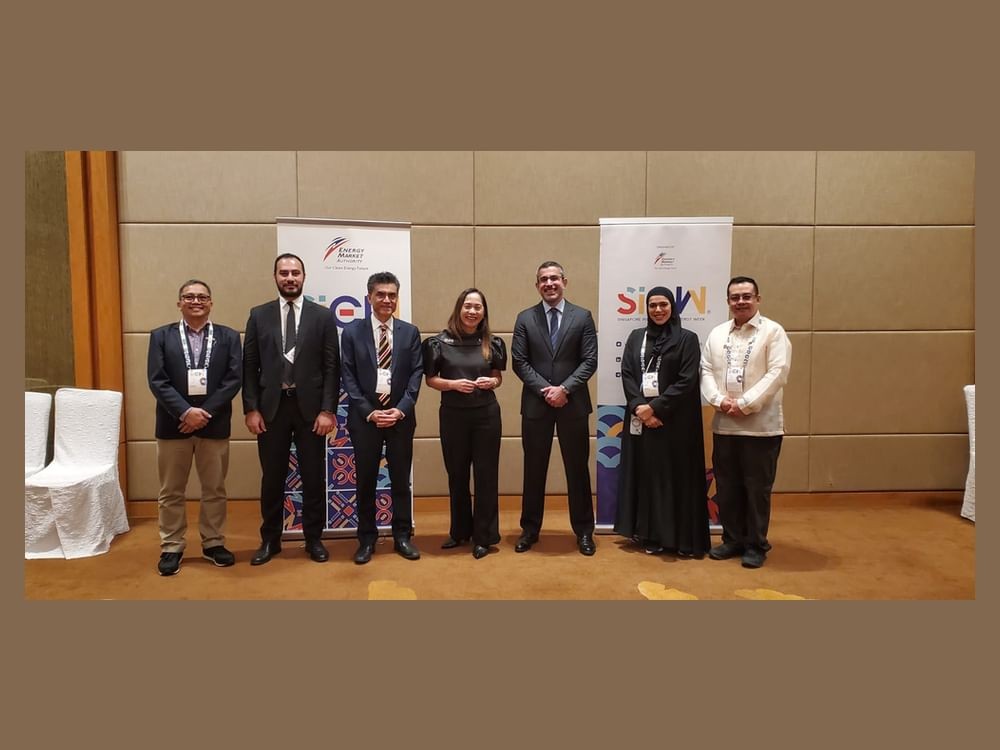


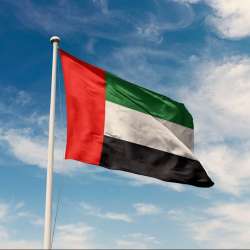
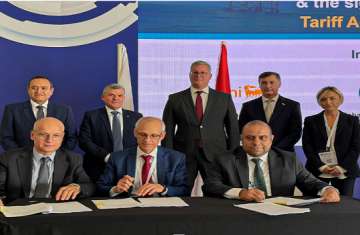
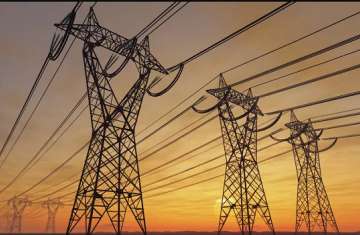
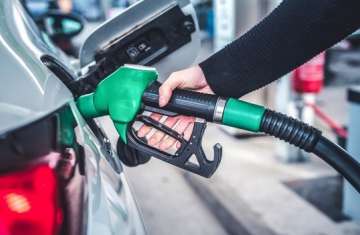
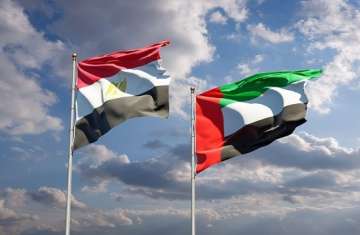
التعليقات